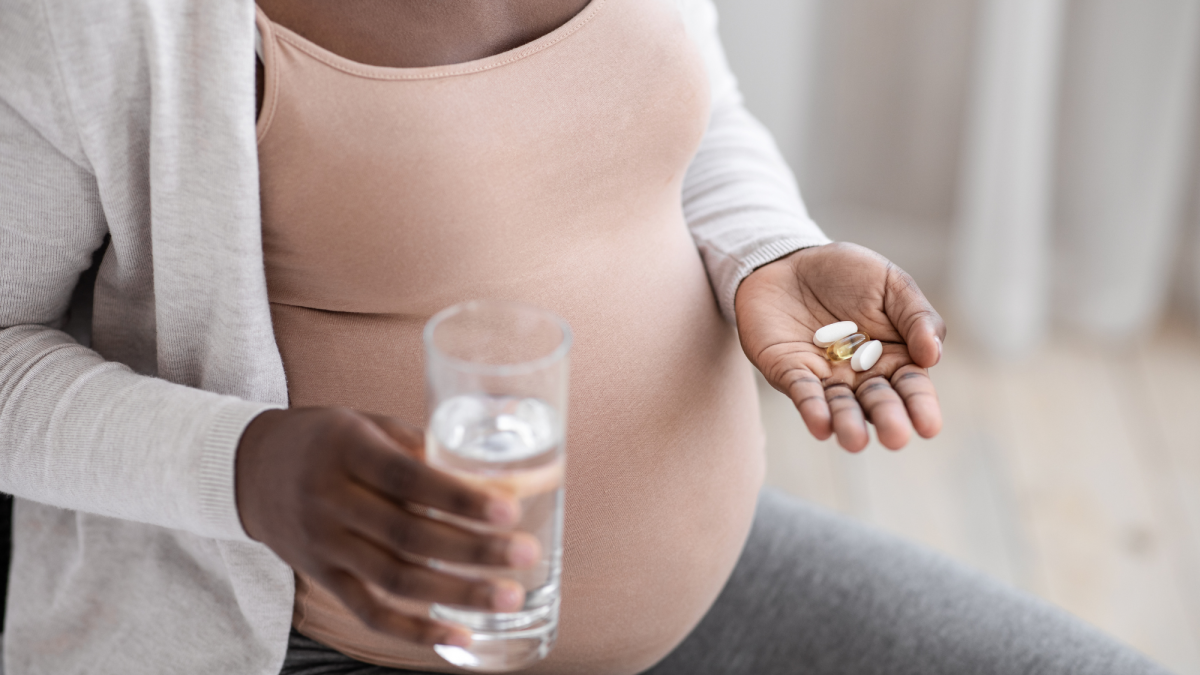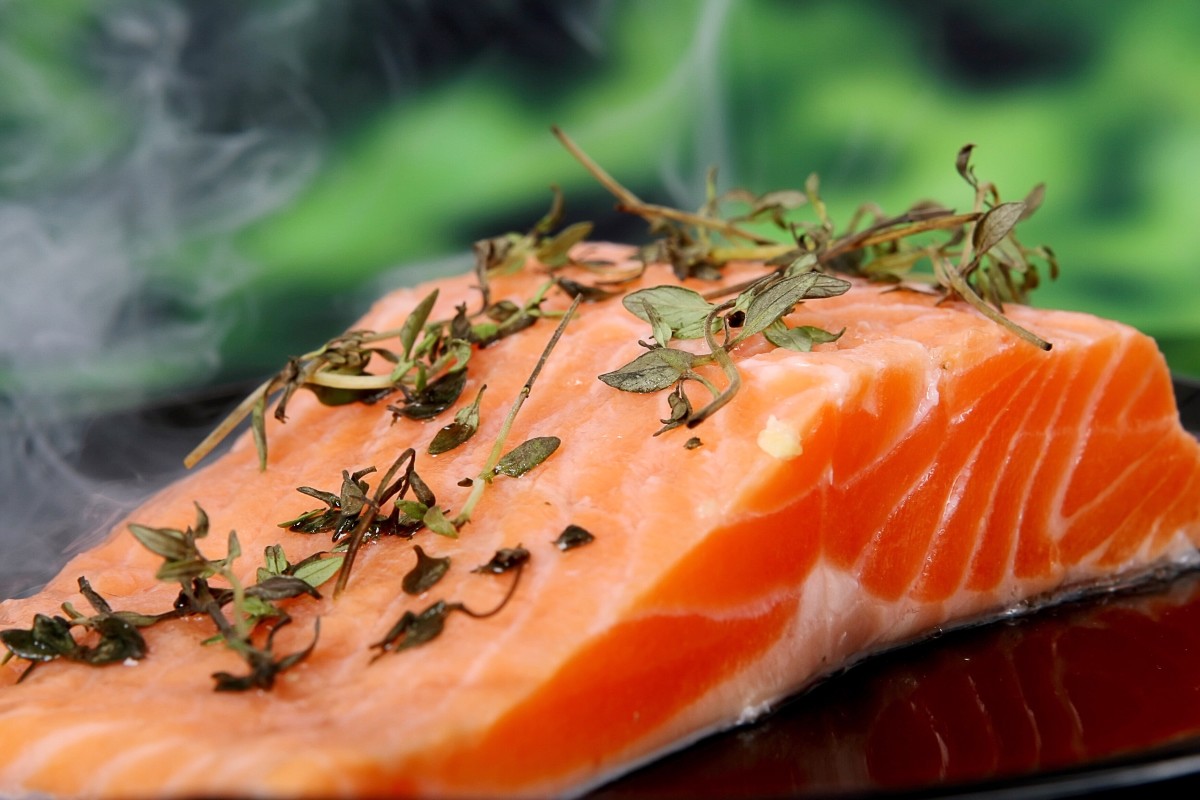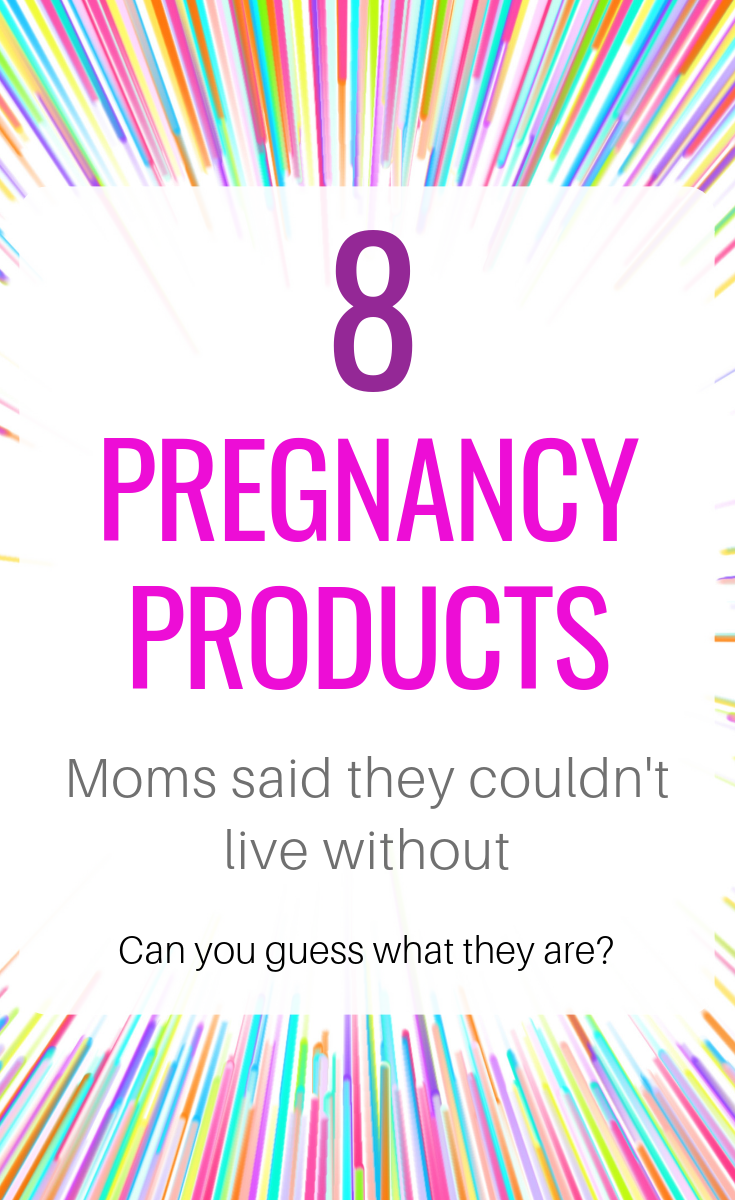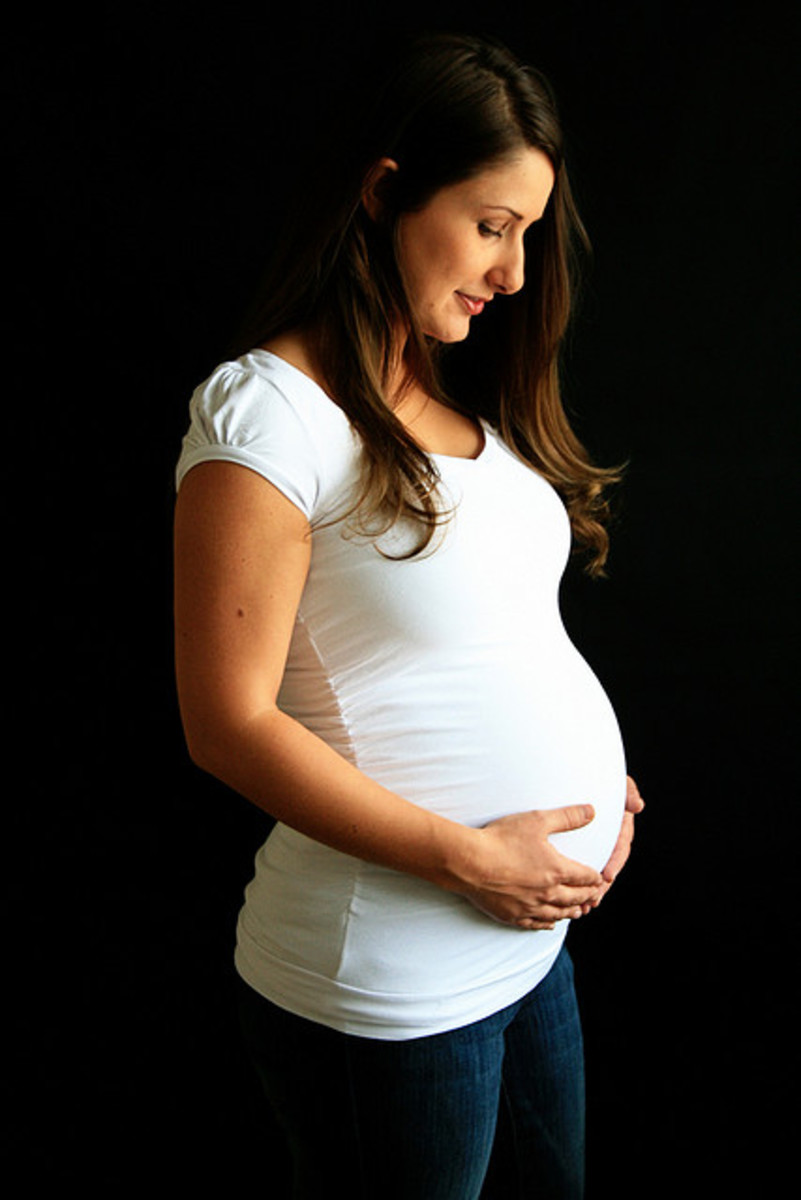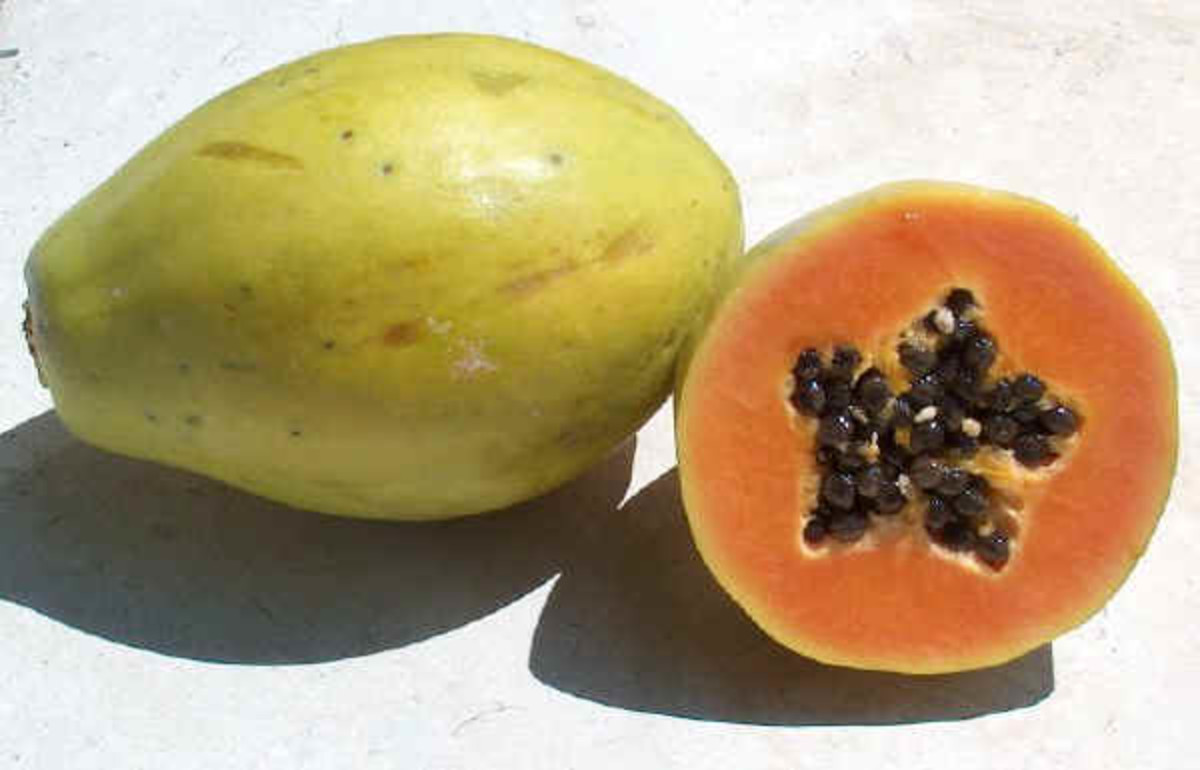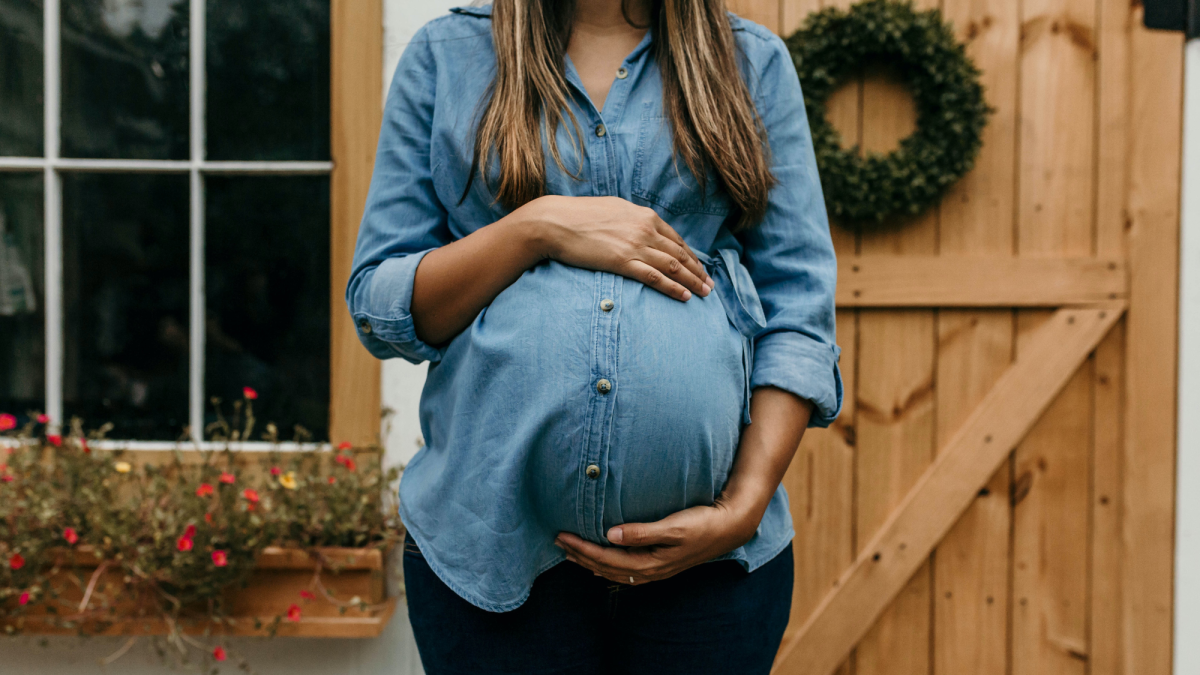- HubPages»
- Health»
- Women's Health»
- Pregnancy
Importance of Prenatal Vitamins
Do I really need prenatal vitamins?
This answer should be pretty simple, but so many women would rather not take the vitamins and rely on the current status of their body and health. And, yes I've known a few people to skip the prenatal vitamins and deliver a healthy baby, but if you really sit down and think about it, how hard is it to take a multivitamin once a day?
But, answering the question of do you really need to take a prenatal vitamin... My answer is why not? What does it hurt? Yes. Take the vitamin.
The prenatal vitamins just help supplement your body while your growing baby forms. The multivitamins contain numerous vitamins and minerals that your body needs, such as folic acid, iron, and calcium. A healthy baby and mom need all the supplements they can get, as a pregnancy is quite a stressful ordeal on the body.
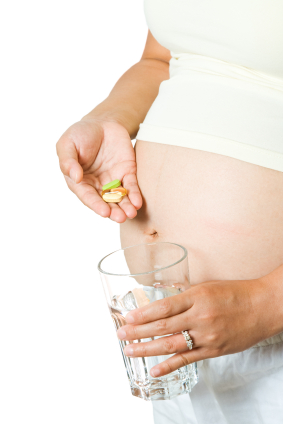
It is highly recommended that you not only take a daily prenatal vitamin, but that you consider changing to a healthier diet. There are many foods that you can consider adding into your diet to ensure that you are receiving all the properly nutrients that you and your fetus needs.
- Vitamin A- green leafy and yellow-orange vegetables
- Vitamin B-1 (thiamine)- milk and whole grains
- Vitamin B-2 (riboflavin)- green vegetables, dairy products, eggs, and fish
- Vitamin B-6- most vegetables
- Vitamin B-12- animal proteins
- Vitamin C (ascorbic acid)- fruits and vegetables
- Vitamin D- exposure to sun and fortified milk
- Vitamin E- animal fats and proteins
- Vitamin K- green leafy vegetables, tomatoes, dairy products, and eggs
- Niacin- poultry, fish, and nuts
The most important supplements that any pregnant women needs to keep in mind is folic acid, calcium, and iron.
Folic Acid is recommended for at least six months before pregnancy and at least one month after conception. Folic acid will lower the chance of birth defects in the brain and spine.
Calcium will improve bone density, as pregnancy typically sucks the life out of your bones, and taking extra calcium will help prevent the bone loss, as well as increase good bone growth of the fetus.
Iron is essential as during pregnancy it's not uncommon for women to become anemic, especially toward the end. The extra iron in the vitamins, will help prevent harm to the mother and the baby, as when the iron in mom's blood is too low, there are increased risks of low birth rate and premature birth.
Buy Prenantal Vitamins
Which Prenatal Vitamins
When shopping for a good prenatal vitamin, keep in mind that they're not all the same. Your doctor may prescribe a vitamin for you, but otherwise, keep in mind the following tips when choosing a healthy prenatal vitamin.
WebMD suggests that a good vitamin will contain about:
- Calcium- 200 to 300 mg
- Folic acid- 400 mcg
- Iron- 17 to 30 mg
- Niacine- 20 mg
- Riboflavin- 2 mg
- Thiamine- 3 mg
- Vitamin B6- 2 mg
- Vitamin B12- 6 mcg
- Vitamin C- 50 to 70 mg
- Vitamin D- 400 IU
- Vitamin E- 10 mg
- Zinc- 15 mg
Each woman is different, so the above is only a guideline to keep in mind, as even some guides will vary.
Tips for Pregnancy and Childbirth
- Kegel Exercises for Women Before and After Childbirth
- Keep a Belly Button Piercing During Pregnancy
- Weight Training Tips for Pregnant Women
- Naturally Reduce Stress While Pregnant
- Herbs to Relieve Stress and Anxiety During Pregnancy
- Healthy Diet for Women with Gestational Diabetes
- Continue a Vegetarian Diet While Pregnant
- Maintain a Vegetarian Diet While Nursing an Infant
- Healthy Diet to Relieve Postpartum Depression
- Supplements to Relieve PostPartum Depression
Disclaimer: Please be aware that the advice in this article should in no way replace that of a licensed physician. If you have any questions, please consult your doctor so that you can determine your diagnosis and the best treatment.


